Michael Sandel’s job is to explain justice, democracy, and ethics to the rest of us. Current enrollment for this semester’s online edX Justice Class is 420,000.
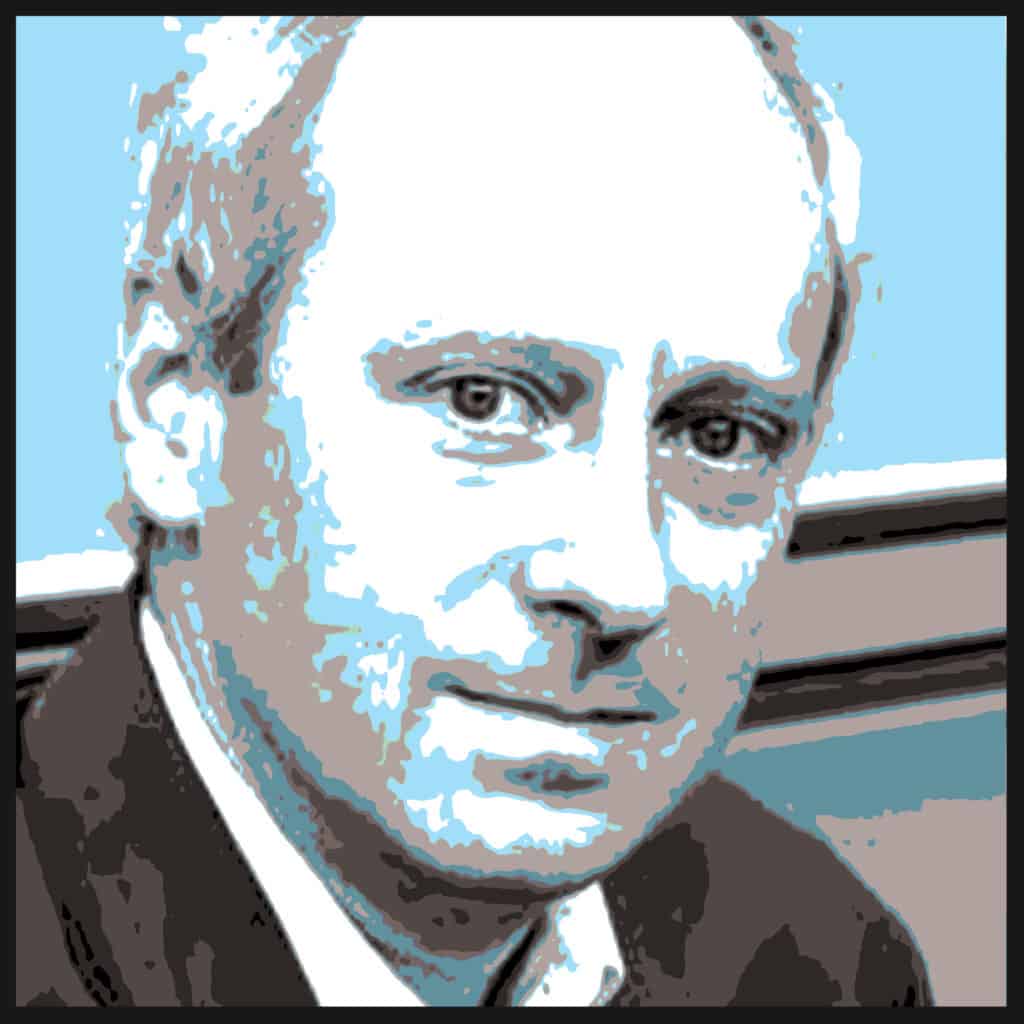
By Robert Simmons
There go the people. I must follow them, for I am their leader.
Alexandre Auguste Ledru-Rollin
Michael Sandel has made it his sole purpose to help explain justice, democracy, and ethics to the rest of us. Thanks to the non-profit online learning platform edX, designed by MIT and Harvard (the school where he teaches political philosophy), Professor Sandel has fashioned a global classroom, where ideas like Fairness and Civic Virtue can be visited upon by the next generation of people, who will hopefully carry these tools of moral reasoning forward, and build something inclusive together.
In order to do “justice” to Professor Sandel, we need to delve into many of his works, in order to pinpoint the important themes that intersect each of his writings.
Justice: What’s the Right Thing to Do?
Sandel is foremost a teacher (his current class on Justice has about 420,000 people enrolled in it), and often employs the Socratic Method in order to engage his students in the critical thinking skills necessary to solve the difficult question of what is “the right thing to do”.
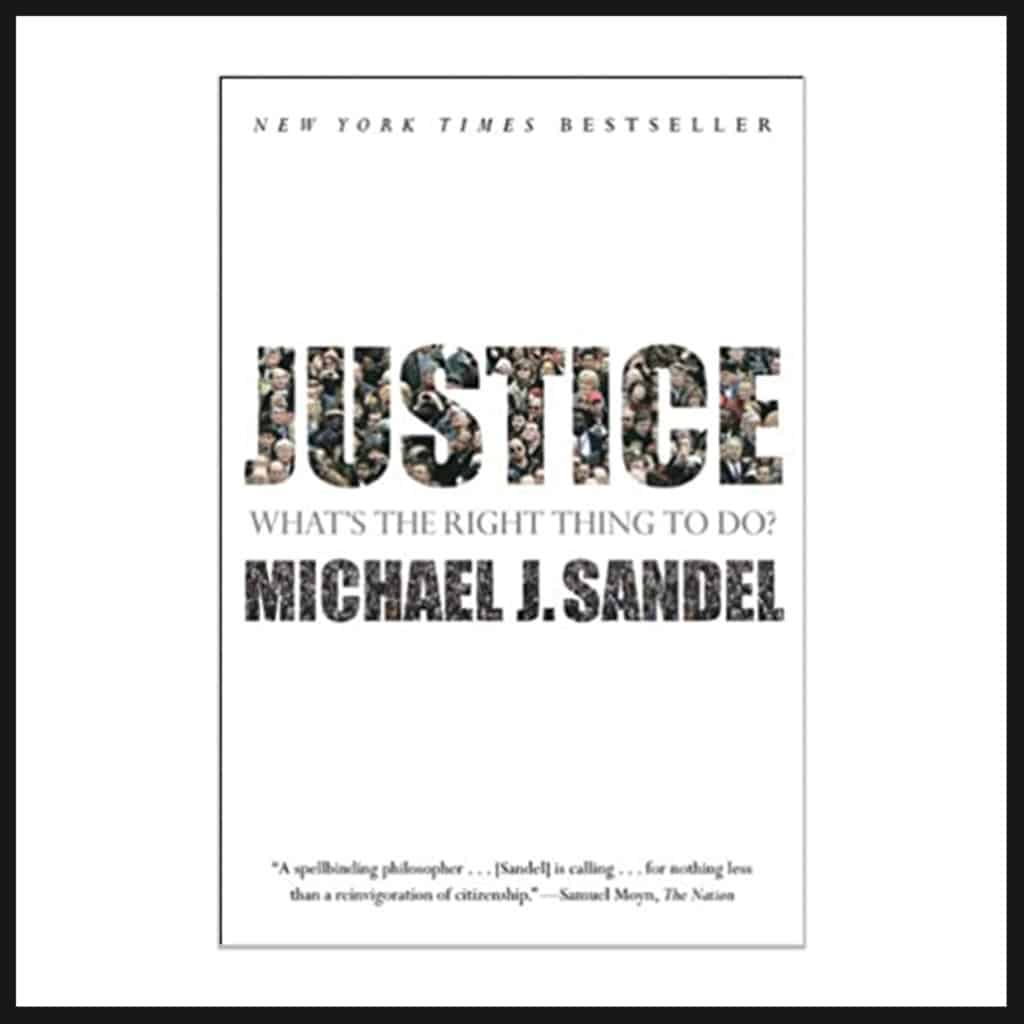
In the book’s opening query, Hurricane Charley had just ripped an eleven billion dollar hole in the communal path between the Gulf of Mexico and the Atlantic Ocean, killing 22 people. With electricity down, some businesses had taken to charging $10 for bags of ice normally worth just $2, $2,000 for $250 generators, and $23,000 to come pull a downed tree from off a house. Cries from Florida citizens rang out; price-gouging laws were on the books in Florida, and many felt that their misery was being exploited for profit. Economists were quick to come to the rescue of whom they saw as the true victims: the “clever entrepreneurs” who were simply implementing the law Supply and Demand, a founding principle of “economics” (where morality or fairness are seen as “emotional” flaws, and thus dismissed in the formal practice of emotionless economic reasoning).
Sandel uses this emotionally-charged incident to spring his class into moral action, in an attempt to decide “the right thing to do.” This exercise becomes the bait to hook his students into learning all the many philosophical viewpoints necessary to responsibly adjudicate on matters of Justice.
…These questions are not only about how individuals should treat one another. They are also about what the law should be, and about how society should be organized. They are questions about justice…If you look closely at the price-gouging debate, you’ll notice that the arguments for and against price-gouging laws revolve around three ideas: maximizing welfare, respecting freedom, and promoting virtue. Each of these ideas points to a different way of thinking about justice.
Michael Sandel – New York Times Book Excerpt
“Central to republican theory is the idea that liberty depends on sharing in self-government…to deliberate well about the good requires more than the capacity to choose one’s ends and to respect others’ right to do the same. It also requires a knowledge of public affairs and also a sense of belonging, a concern for the whole, a moral bond with the community whose fate is at stake. To share in self-rule therefore requires that citizens possess, or come to acquire…civic virtue” – Michael Sandel
So begins Sandel’s discourse, attempting to frame our current divisive politics in philosophical terms. Straight from the rhetoric of “agrarian republicanism” (espoused by Thomas Jefferson) comes this notion that through the “world of work…the character of the citizen [is] formed.” An excess of Consumerism (luxury), was frowned upon as a corrosive force eating away at civic virtue.
Sandel traces this “threat” to our civic virtue, and the self-government it inspires; it leads him to “the concentration of power amassed by giant corporations” at the turn of the 20th century, and “the erosion of those traditional forms of authority and community that had governed the lives of most Americans through the first century of the republic.” Even Teddy Roosevelt and Woodrow Wilson, who sat on opposite sides of the political fence, shared this same singular worry about how the new “consumerism” would shape American citizens.
To be fair, though, even in the early days of the republic, John Adams lamented that “there is so much rascality…and corruption, so much avarice and ambition, such a rage for profit and commerce…that I sometimes doubt whether there is public virtue enough to support a republic.”
Sandel explains that as the new economy fragmented community, it offered (as a replacement) this common experience of consumption, where people were “affiliated less by what they believed than by what they consumed”. Thus, the emptiness and isolation that national consumerism engendered could only offer comfort in even more consuming – to belong to one another by at least sharing the same products.
With this, Sandel is forced to reason that “if liberty cannot survive without virtue, and if virtue tends always to corruption, then the challenge for republican politics is to form or reform the moral character of citizens, to strengthen their attachment to the common good.”
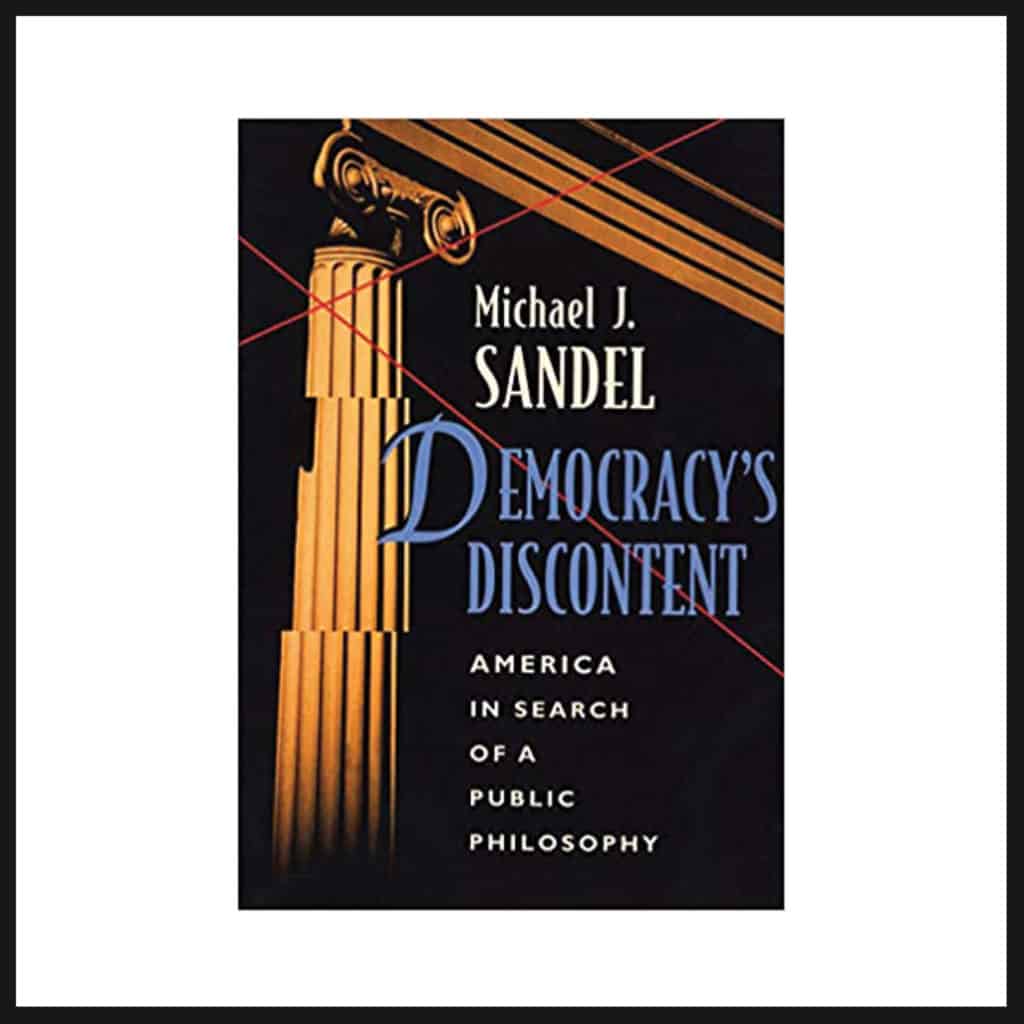
This can be seen as the takeaway Professor Sandel wishes to impart to all his young up-and-coming republican students: reattach republican politics to the notion of the common good, which the current economics cannot inspire. Leadership can no longer be about telling people what they wish to hear, or serving an economics that is directly opposed to the values they espouse. The people know something isn’t quite right, but they also do not know what it is. This is why they will attach themselves to any leader who stands up and seems sure of what it is. Continue to send the mixed message that economics is the answer to all our problems, while it clearly fails us at every turn, and at some point it will push the people straight into the arms of the devil himself.
Public Philosophy – Essays on Morality in Politics
“Republicans have long complained that taxing the rich to pay for welfare programs for the poor is a form of coerced charity, that violates people’s freedom to choose what to do with their own money. Democrats have long replied that government must assure all citizens a decent level of income, housing, education, and health care, on the grounds that those who are crushed by economic necessity are not truly free to exercise choice in other domains.”
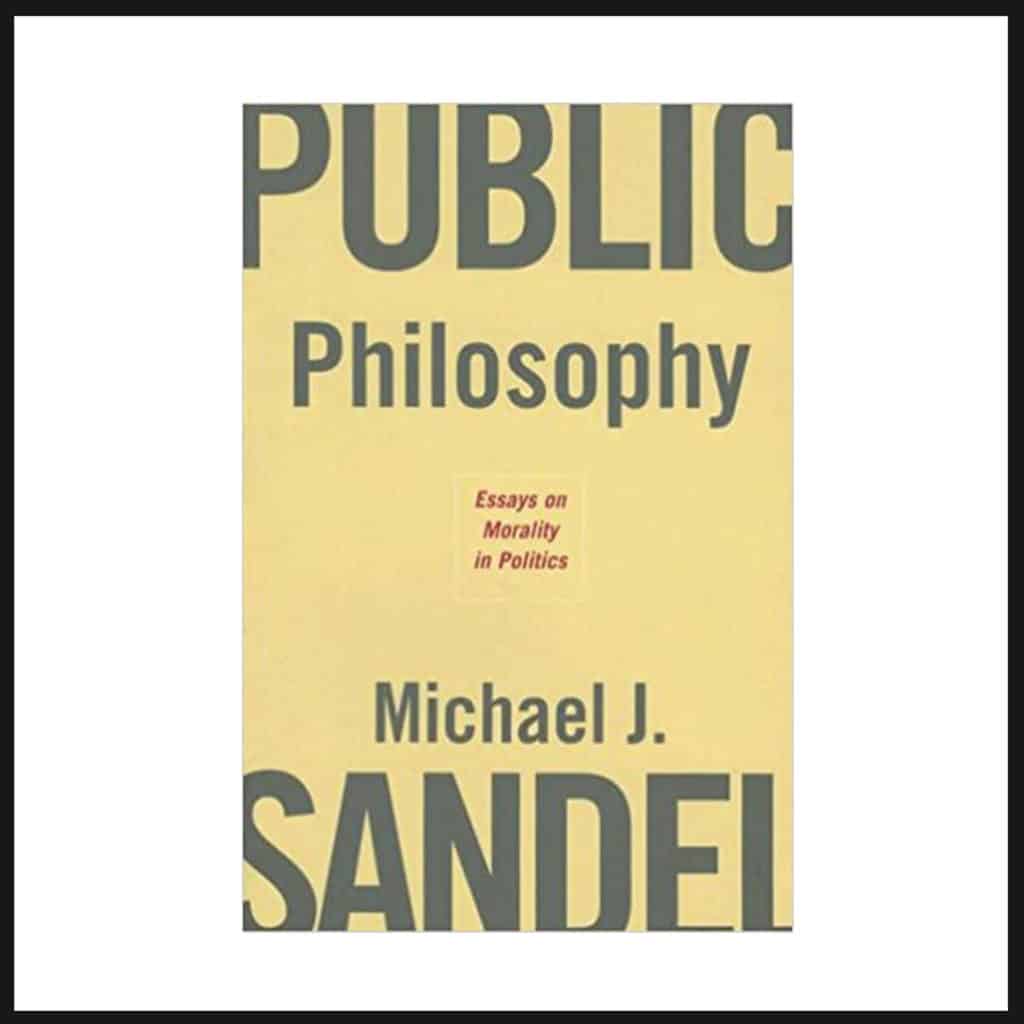
Sandel always delivers both sides of the argument with amazing neutrality, and is quick to point out that the “liberal version of freedom…cannot secure the liberty is promises, because it cannot inspire the sense of community and civic engagement that liberty requires.”
Although Sandel would never get caught confessing his own opinion, his message nevertheless seems to center around “what form of economic arrangements are most hospitable to self government”, and the notion that “free labor is labor that produces virtuous, independent citizens, capable of self-government.” These same thoughts occupied the minds of early leaders like Jefferson and Lincoln.
“The liberal begins by asking how government should treat its citizens, and seeks principles of justice that treat persons fairly as they pursue their various interests and ends”. This, Sandel maintains, tends to splinter unity and sever the sense of belonging required for communities to decide their fates together. “The republican begins by asking how citizens can be capable of self-government, and seeks the political forms and social conditions that promote its meaningful exercise.” Here, Sandal insists that for Liberty to exist, and Justice to be served, a proactive form of civic virtue must be practiced when deciding questions of prosperity, in order to temper it with fairness (“to increase the size of the economic pie, or distribute the pieces of the pie more fairly, or both”). Wanton self-interest, in the form of liberal freedom, or in the form of Consumer Economics, drives us away from fairness, and the civic virtue needed to implement that fairness.
“In an open world, success depends on education, on equipping yourself to compete and win in a global economy…those who land on top come to believe that they deserve their success. And, if opportunities are truly equal, it means that those who are left behind deserve their fate as well. This way of thinking about success makes it hard to believe that ‘we are all in this together.’ It invites the winners to consider their success as their own doing and the losers to feel that those on top look down with disdain. It helps explain why those left behind by globalization would become angry and resentful, and why they would be drawn to authoritarian populists who rail against elites and promise to reassert national borders with a vengeance.” – Michael Sandel
In his most recent work, Sandel uses the Hollywood college admission’s scandal, where wealthy parents paid to get their kids into elite schools, as a springboard to discuss the unfairness of this competitive race we run toward prosperity. Sandel points out that 67% of Ivy League students come from “the top 20% of the income scale…at Princeton and Yale, more students come from the top 1 percent than from the entire bottom 60 percent of the country.”
He explains the so-called legal “backdoor” methods of the wealthy, and how they gain preferred access to elite schools through donations and “legacy admission” (their parents went to the school as well). While others are quick to dismiss these methods as legitimate, and focus more on the illegal “side door” methods of admissions (cheating on test scores or bribing school officials), Sandel sees them as two sides of the same coin: if one has money, one has access; thus“higher education is not the meritocracy that it claims to be”.
“50 years ago, fewer than one in five Americans went to a four-year college”, many of them opting to simply go “close to home”. “As the income gap widens, more people see that going to college, and a prestigious one at that, is the only chance to be on the winning side of the equation…Parenting styles have also changed, especially among the professional classes…parents became intensely involved with their children’s lives—managing their time, monitoring their grades, directing their activities, curating their college qualifications. This epidemic of overbearing, helicopter parenting did not come from nowhere.”
As usual, Sandal comes back to his irritation with liberal freedom. “…the more we think of ourselves as self-made and self-sufficient, the harder it is to learn gratitude and humility. And without these sentiments, it is hard to care for the common good.” He points out that these wealthy parents, who paid to get their kids in the “side door” of an elite school, could have simply set up their kids with a trust fund, if they were afraid of them failing; instead they chose to fake their credentials, so they could say they “made it on their own”.
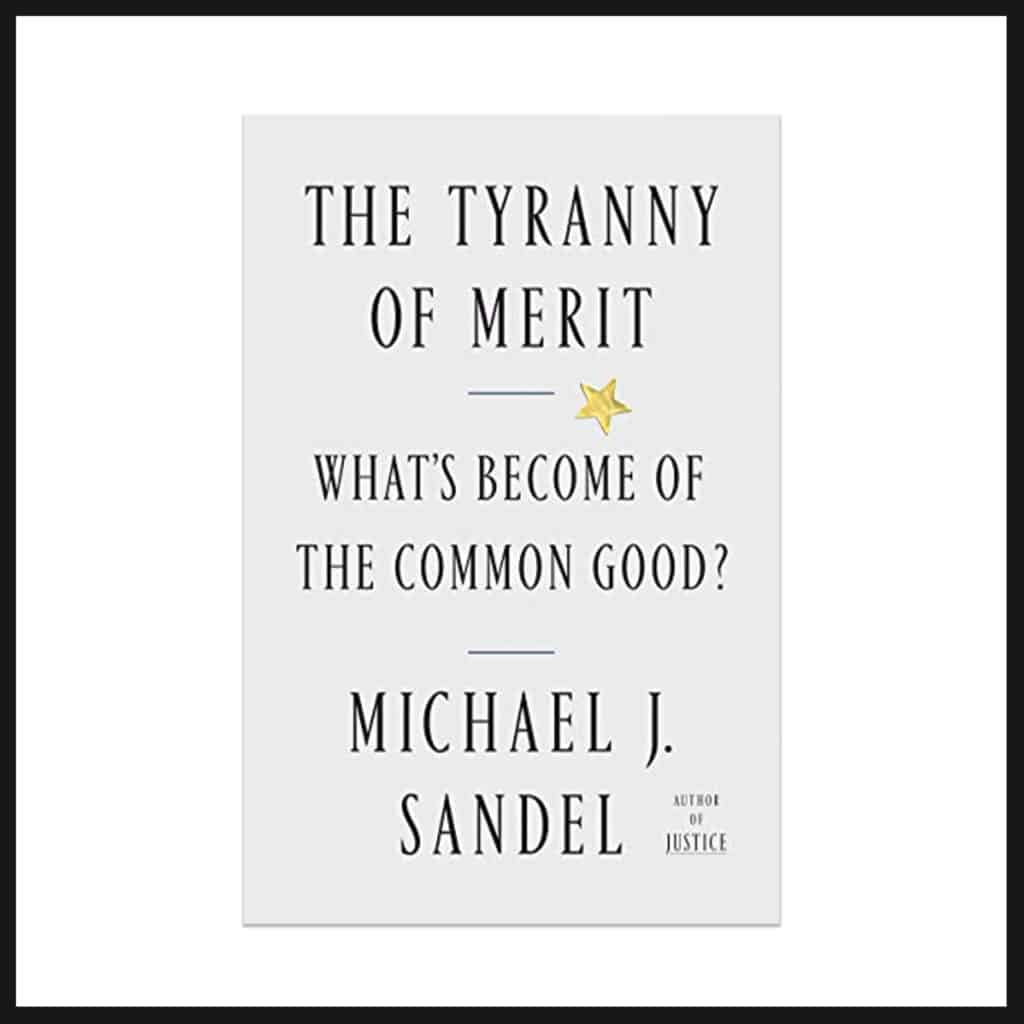
As the kids were not even privy to this deception, it speaks more to what the parents wanted for themselves, than what they hoped for their kids: to perpetuate this myth that the wealthy deserve their station, and even more important, to maintain their status among the other wealthy elites, who would not be caught dead in a public school or university. Why? Because that is where the Losers go.
Our drive toward righteousness has found expression in the Market Economy, where “success is a sign of virtue”. Professor Sandel likens this new Meritocracy to our Puritan notion of salvation, which also was not considered luck, but “something we earn through our own effort and striving.” Because we have placed our faith in the Market Economy, we must believe (in order to quiet our cognitive dissonance) that if we win, or if we fail, we get what we deserve.
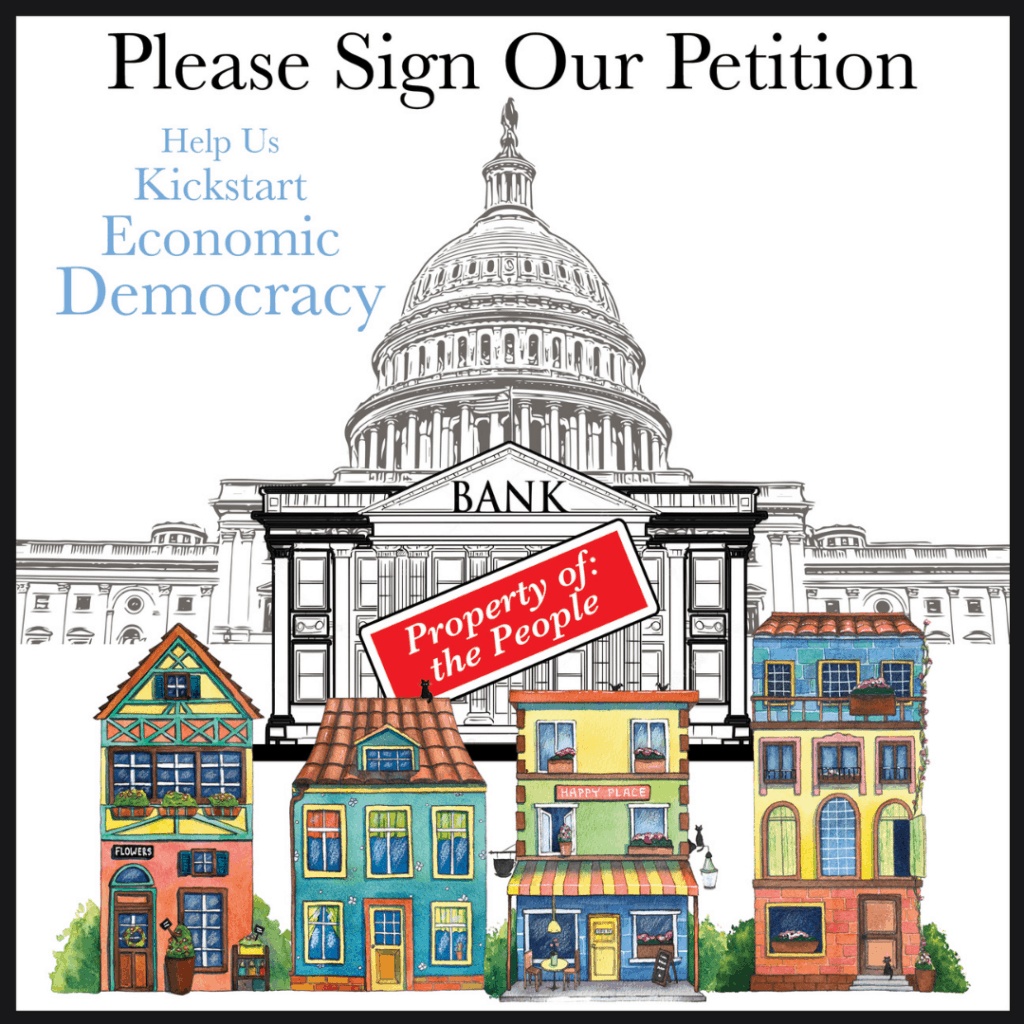
The Third Option seeks to introduce policies that can make Professor Sandel’s teachings a reality. 1) Bring self-government and decision-making back into the community. 2) Promote the incentive and opportunity to work for the good of every one, and be rewarded for this work with the kinds of “welfare” we currently tax ourselves to receive. This kind of work, that reinforces the old republican view of independence, creates fairness within the economics of prosperity, and opens up the chance for self government. We invite both you and Professor Sandel to check us out.
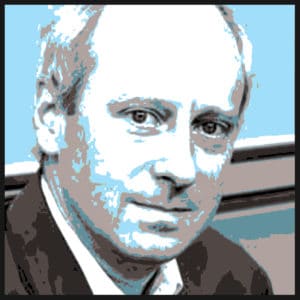
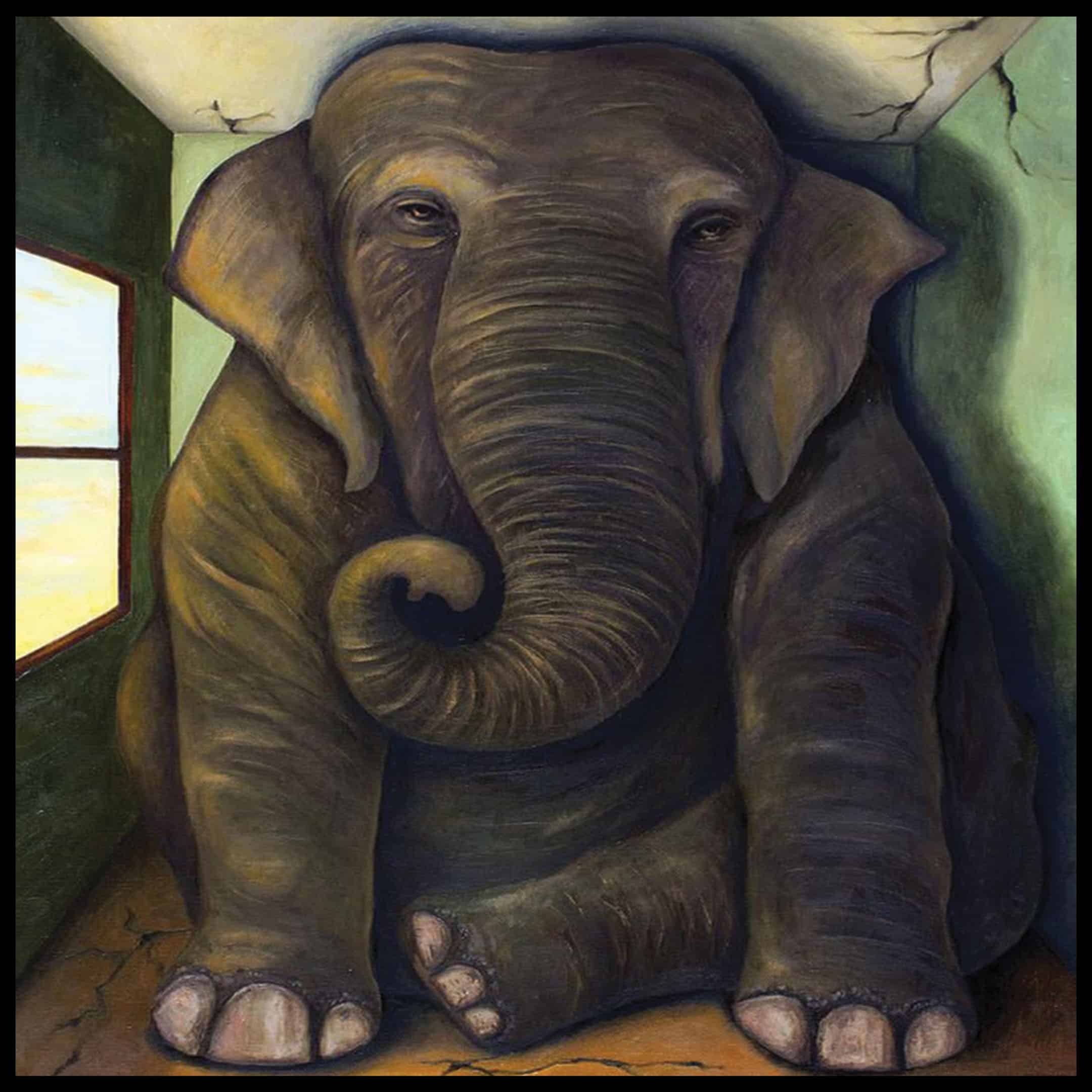 The Unbearable Whiteness of Being; Racism in the USA
The Unbearable Whiteness of Being; Racism in the USA